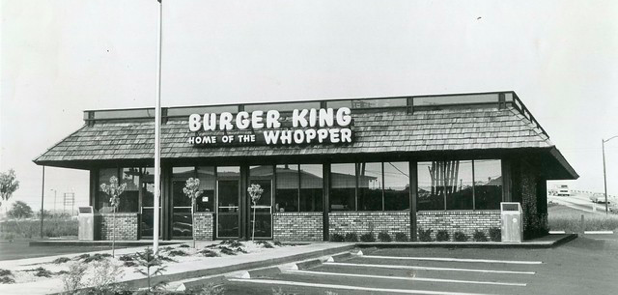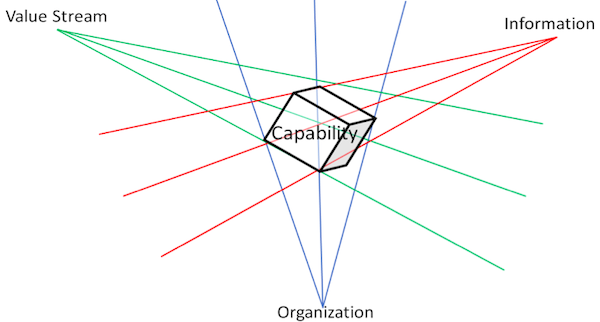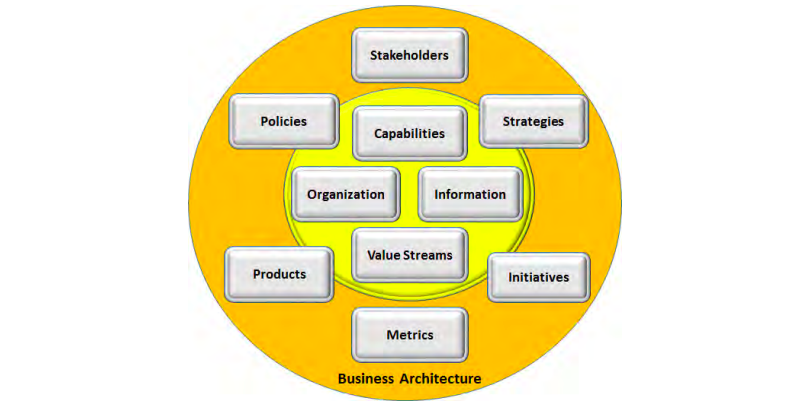Architecture Decision Records
 congerdesign
congerdesign
Have you ever looked back on something you did and wondered, "What was I thinking?" For me, it's when I see photos from my teenage years. Every time I go through them, I ask myself, "Why did I choose that hairstyle? Did I really think this was cool?".
The fact is, at that time, it was cool. I liked the hairstyle of my favorite soccer player, and because of that, many kids in my school also had the same hairstyle. Therefore given the information and context I had, I made decisions that made sense. When others see the picture in my absence they might not understand the context because it's in my head.
In summary, some decisions are sensible if you understand the context. Context is KING.

 flickr.com
flickr.com businessarchitectureguild.org
businessarchitectureguild.org fee.org
fee.org Geralt on pixabay
Geralt on pixabay Credit roysrise.com
Credit roysrise.com Credit rgbstock
Credit rgbstock